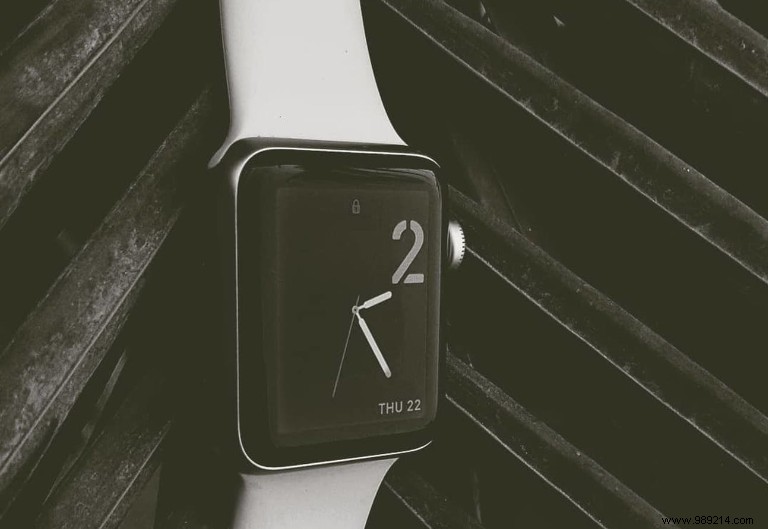While the Apple Watch Series 6 should see the light of day in the near future, a study took a closer look at this wearable. According to a study, it may well be that this is more than just a connected watch.
As the Reuters news agency explains in an article from November 14, 2019, the Apple Watch is able to detect atrial fibrillation. This is the most common irregular heartbeat in the United States.
In their study called Apple Heart Study and published in the New England Journal of Medicine, researchers at Stanford University (USA) say they used older versions of the Apple Watch. Indeed, there was no question of the latest version equipped with an electrocardiogram (ECG) sensor.
The study involved more than 400,000 people, monitored by scientists for more than 8 months using a dedicated application. During the study, the watches detected an irregular pulse in 0.5% of the participants. In these people, an ECG patch was then applied in order to verify the alert of the watch. It turns out that 34% of them actually had atrial fibrillation. For Dr. Mintu Turakhia, cardiologist co-author of the study, this result is positive.

The purpose of this study was to test the heart rate sensor and the Apple Watch Algorithm. Dr. Daniel Cantillon, cardiologist at the Cleveland Clinic, who was not involved in the study, was asked to give his opinion. The interested party believes that the technology of the Apple Watch is promising. However, the expert points out that more than half of the participants were under 40 and therefore represented a low-risk group atrial fibrillation.
You should also know that Dr. Edward W. Campion, editor of the New England Journal of Medicine, also commented on the study in an editorial. According to him, the fact that participants had to have both an Apple Watch and an iPhone made them clients of the study sponsor.
This technology, while promising, is nevertheless far from unanimous . A question arises, however:is the main concern to identify the sick or to scare the healthy? Indeed, you should know that during the study, some participants had no problem and were still alerted. On the contrary, others were actually suffering from heart problems and did not receive any notification.
Related Articles: